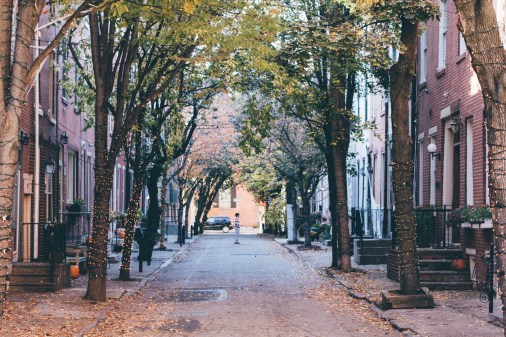Kansas City’s new composting bins grind, dehydrate and report back

Kansas City, Missouri, is launching a new food waste recycling program that will place 50 food-scrap collection bins at public buildings and fire stations. The initiative, announced by the city last week, aims to reduce the amount of organic waste sent to landfills by giving residents and city employees access to local composting options.
The pilot is a partnership between the city and Mill, a California company that manufactures food scrap bins that grind and dehydrate food waste overnight. The company claims its bins reduce the volume of scraps by more than 80%. The dried material will be converted into compost and collected by Missouri Organic Recycling.
The program will also collect anonymized data from the Mill devices to track metrics such as volume of food waste and popular drop-off locations.
“We’re not looking at individualized practices, but instead getting a chance to see how much waste we can divert from, for example, a normal fire station, and if we do see a difference with our mill devices at City Hall,” Lucas explained, adding that the program also offers residents a discount on personal composting bins. “And then hopefully use that as a template as we expand to other public buildings, schools and beyond.”
Lucas said the city’s landfills have been a contentious issue for years, with little to no resolution due to partisan politics, government bureaucracy, environmental hurdles and citizen opposition groups. Last April, the state Senate debated for nine hours over a bill that would have allowed communities within a mile of a proposed landfill in south Kansas City the power to block it. After the Senate adjourned without a vote, the City Council postponed approvals of landfill proposals until June, after Lucas met with state senators about the issue.
“There has been a yearslong conversation about how we’re running out of landfill capacity,” Lucas said. “And anyone who actually sits and thinks about it realizes that you can’t keep trying to find new communities, new spaces to build a landfill, going through all the environmental approvals, which, even in a red state, takes forever and a day.”
As part of the new program, composting bins will be placed at community centers, city hall and fire stations, accessible to residents and city staff. Each site will have hours of operation, which the city plans to post online this summer.
The initiative builds on Kansas City’s composting efforts, which have diverted nearly 130,000 pounds of food scraps from landfills across the city.
If the pilot is successful, Lucas said, there’s potential to expand the composting program to schools and restaurants.
“We’re largely letting fire stations be test one, because of course we want to make sure the devices, the bins, don’t get overfilled,” he said. “But our whole goal here in Kansas City is simplicity to start, so if we can build out that simple use, then maybe we can look to the next phase.”






